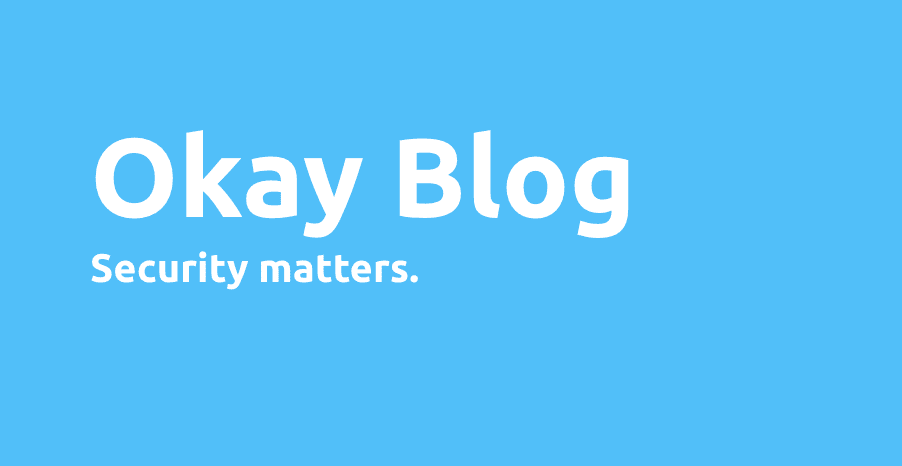
What Happens If Your Digital ID is Stolen? A Viewpoint From Norway…
Digital identity became a much hotter topic once the EU identity eWallet was introduced in the summer of 2021. While there are huge benefits to be gained from introducing digital identities across the EU, there is one fundamental issue that needs to be considered: identity theft.
The Norwegian BankID was launched to end users back in 2004 as a pure authentication and signing solution. By 2021, it was used by 4.3 million out of Norway’s 5.3 million people. Note: The number of uses is quite large as well, with a total of 966 million sessions recorded for 2021.
The private company running BankID is not very forthcoming when it comes to providing statistics on crime involving BankID. The data in the report from the University of Oslo is collected by three volunteer legal aid organisations, which often get involved with people requiring legal assistance. The 292 observations are thus only based on observations where the victim has sought support from free legal aid. This limits the representativeness of the study, but it makes it possible to create much more detailed statistics than what is otherwise possible…
Read the report’s findings as well as more on the future of identity eWallet fraud at over at okaythis.com/blog
Modern Money Meets SCA: Crypto & Central Bank Digital Currencies…
With each new money-related technology, many challenges related to securing transactions and identifying/authenticating the payer or payee remain the same. However, on a more fundamental level, another question remains: how does this technology change the concept of “money”? And, if the money-related technology at hand fundamentally changes how “money” is implemented, what will be the impact?
With regulation for crypto on the rise, a different money-related trend has been showing up on the radar: central bank-issued digital currencies. CBDCs are an alternative to cash (and banks) in an increasingly cashless world. But perhaps more importantly, as an answer to the challenges raised by cryptocurrencies. Because CBDCs are issued and backed by a central bank, they likely won’t need a distributed ledger (such as the blockchain). But, at the same time, because central banks back them, there are many more questions about privacy and tracking.
In my view, the issue with any kind of digital money comes down to privacy versus anonymity. While it is obvious that consumers are (mostly) not criminals and have a fundamental right to privacy, many criminals want total anonymity for their transactions. So, in a way, avoiding fraud often comes down to preventing the criminal’s right to anonymity. To me, it is not yet clear how we can both offer anonymity and protection against fraud simultaneously in these digital spaces. Perhaps the best we can hope for is a reasonable right to privacy, which would still require authenticated transactions…
For more on the the challenge of privacy rights, where future payments will be made, and anti-money laundering rules for Europe, head on over to okaythis.com/blog.







Log in to access complimentary passes or discounts and access exclusive content as part of your membership. An auto-login link will be sent directly to your email.
We use an auto-login link to ensure optimum security for your members hub. Simply enter your professional work e-mail address into the input area and you’ll receive a link to directly access your account.
Instead of using passwords, we e-mail you a link to log in to the site. This allows us to automatically verify you and apply member benefits based on your e-mail domain name.
Please click the button below which relates to the issue you’re having.
Sometimes our e-mails end up in spam. Make sure to check your spam folder for e-mails from The Payments Association
Most modern e-mail clients now separate e-mails into different tabs. For example, Outlook has an “Other” tab, and Gmail has tabs for different types of e-mails, such as promotional.
For security reasons the link will expire after 60 minutes. Try submitting the login form again and wait a few seconds for the e-mail to arrive.
The link will only work one time – once it’s been clicked, the link won’t log you in again. Instead, you’ll need to go back to the login screen and generate a new link.
Make sure you’re clicking the link on the most recent e-mail that’s been sent to you. We recommend deleting the e-mail once you’ve clicked the link.
Some security systems will automatically click on links in e-mails to check for phishing, malware, viruses and other malicious threats. If these have been clicked, it won’t work when you try to click on the link.
For security reasons, e-mail address changes can only be complete by your Member Engagement Manager. Please contact the team directly for further help.